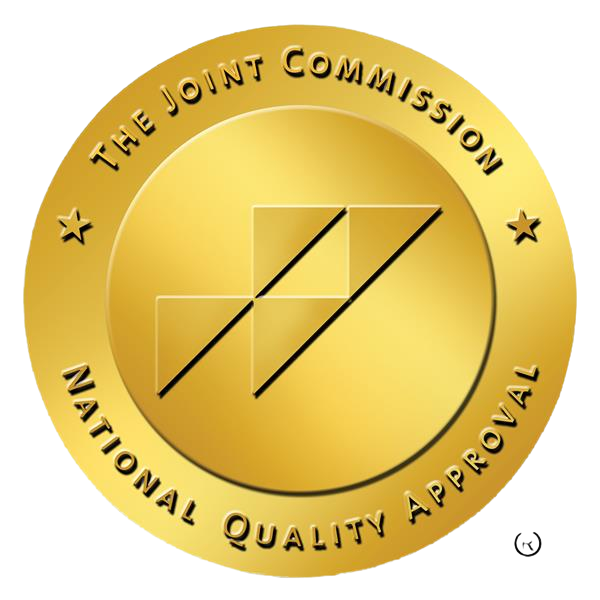Imagine dealing with both substance use problems and mental health issues at the same time. That’s what Dual-Diagnosis is all about – the coexistence of these challenges. It can make the journey to recovery a bit trickier. But understanding why Dual-Diagnosis treatment is crucial can shed light on its importance. You not only deal with addiction but also get to the root of your mental health issues. This comprehensive approach often leads to better, long-lasting results. Plus, it lowers the chance of slipping back into substance use because untreated mental health problems can trigger it. Dual-diagnosis treatment also aims to make you feel better overall, emotionally, and mentally. At Sullivan Recovery, we get that addressing both sides of the coin is the way to a brighter, addiction-free future.
Dual diagnosis involves the coexistence of a substance use disorder, such as addiction to Substance Use, and a mental health disorder, such as depression, anxiety, or bipolar disorder. It’s essential to understand that these conditions often interplay, complicating the recovery process. Dual-diagnosis treatment is designed to address both aspects concurrently, providing individuals with comprehensive care.
Dual-Diagnosis treatment is essential for several reasons:
Dual-Diagnosis, or co-occurring disorders, refers to the presence of both substance use disorders and mental health conditions in an individual. Here are some common mental health disorders often seen in conjunction with addiction, along with their symptoms:
When you select Sullivan Recovery for your Dual-Diagnosis treatment, you’re choosing a path towards lasting recovery. Here’s why our facility is the right choice:
Don’t let Dual-Diagnosis control your life any longer. Take the first step towards a brighter, addiction-free future by choosing Sullivan Recovery for Dual-Diagnosis treatment. Our compassionate and experienced team is ready to support you every step of the way.
Contact us today to learn more about our Dual-Diagnosis treatment program and how we can help you achieve a healthier, addiction-free life. Your brighter future starts here.
Dual-Diagnosis treatment is a specialized approach that addresses both substance use disorders and mental health conditions concurrently. It provides comprehensive care for individuals dealing with addiction and mental health issues.
The duration of Dual-Diagnosis treatment varies from person to person, depending on individual needs and the complexity of the co-occurring disorders. Our customized plans ensure your treatment aligns with your unique circumstances.
Yes, medical supervision is crucial during Dual-Diagnosis treatment to monitor your progress, manage potential withdrawal symptoms, and provide the necessary care for both addiction and mental health conditions.
During Dual-Diagnosis treatment, you can expect a comprehensive assessment, medical monitoring, emotional support, and, if necessary, medication to address both addiction and mental health issues.
After completing Dual-Diagnosis treatment, we help you transition to a suitable long-term treatment program that focuses on maintaining your recovery and promoting mental health stability.


Certified by the Department of Healthcare Services
Certification: 300728AP
Expires: 2/28/26
© 2024 Sullivan Recovery. All rights reserved.